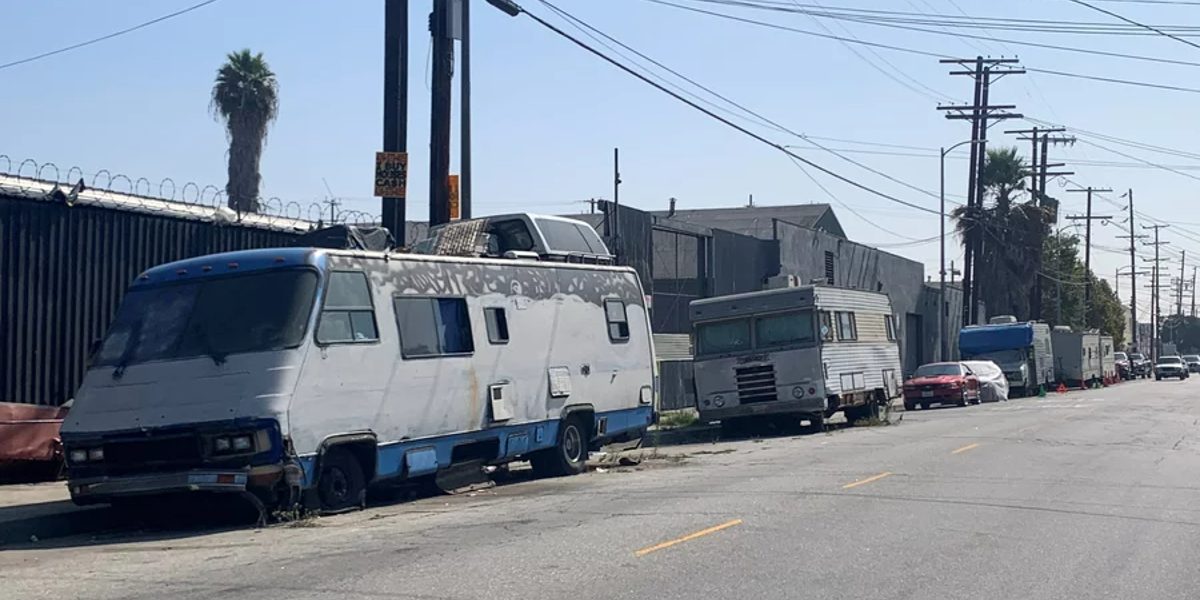If Assemblywoman Sharon Quirk-Silva gets her way, homeless people who live in their cars or RVs will not have to pay the state’s expensive vehicle license fee (VLF) – while working residents who obey the law and pay their taxes will have to pay every penny in order to legally drive their cars?
Quirk-Silva boasted on Twitter that several of her bills are heading to Governor Newsom, who may sign them into law:
Great news! All four of my housing bills are headed to Governor Gavin Newsom's desk! As a state, if we are serious about addressing the housing crisis, we must be creative and nimble in our approach. Read more about my bills at https://t.co/mPA6QVlqKi pic.twitter.com/2N8n9GiwE3
— Sharon Quirk-Silva (@QuirkSilva65th) August 31, 2022
One of them is AB 2775, which waives the vehicle license fee for homeless people who live in their car or RV. All they need is for someone from a designated list of occupations – including any licensed attorney – to certify you are homeless and bang!: your car or motor home is registered for free. Or rather, law-abiding taxpayers pick up the tab.
According to the Assembly floor analysis of the bill, the VLF costs the average Californian between $208 and $358 for each car, making the California one of the most expensive states to register a car.
Ask yourself – does that seem even remotely fair or equitable? Quirk-Silva’s bill is another manifestation of the complete disconnect between the progressive ruling class – of which she is a member – and the real world where everyone else lives.
In Sharon Quirk-Silva’s judgment, a drug addict who lives in their car shouldn’t be exempt from paying his or her car registration, but a mom or dad who needs to keep their registration current in order to drive to work to support their family and pay their bills? Well – tough luck. Social justice ain’t for free!
Quirk-Silva’s bill is hardly an outlier. On the contrary, it embodies the zeitgeist of California’s progressive ruling class: reward lawlessness, subsidize anti-social and self-destructive behavior while demanding obedience and payment from those whose lives are marked by industriousness and self-control.
One can make a case for clearing away obstacles to self-sufficiency for a homeless person who is motivated to achieve that goal and demonstratively working toward it. It’s one thing for a duly-constitute authority like a judge to accumulated tickets and fines for a recovering homeless addict making a sincere effort to get on his feet.
What Quirk-Silva wants is to take a societal mercy to be applied on a case-by-case basis and turned it into a entitlement while divorcing it from any requirement for responsible behavior.


